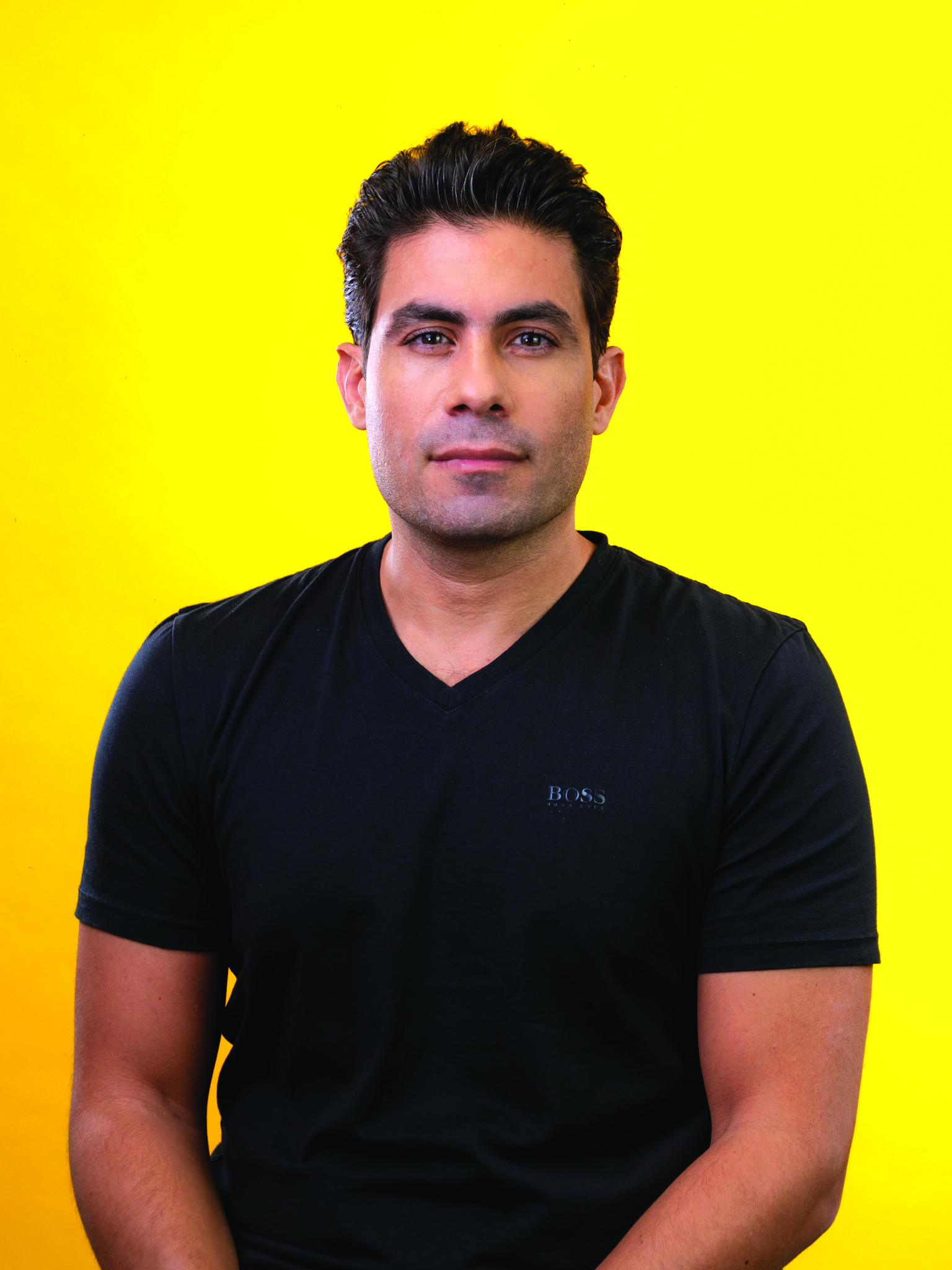
It’s no secret that Saudi Arabia’s socioeconomic landscape is transforming at a rapid pace. In particular, economic diversification has been supercharged since the rollout of Vision 2030–from the expansion of the entertainment and media sectors to technology and financial services.
Across all these industries, digital transformation has been the key to unlocking new potential. Studies show that the new Saudi social matrix is supported by a high penetration of smartphones and internet usage, leading to an unparalleled sense of connectivity. This provides individuals in the Kingdom with new ways to engage with businesses, public institutions, and most importantly, each other.
In this context of digital transformation, we believe that augmented reality (AR) is the next big advancement that’s going to significantly impact every industry in the Kingdom. AR is essentially digital overlaid on the real world. We believe it is the healthiest, most compelling next wave of computing, keeping you in the real world instead of taking you away from it.
By 2025, almost all of the Gen Z and Millennial population in Saudi Arabia are expected to be frequent AR users. On Snapchat alone, users in Saudi Arabia played with AR Lenses more than 210 million times each day in 2022.
On occasions like Saudi National Day and Founding Day, friends, families and communities have also shown a love to celebrate with AR, with 98 per cent of Snapchatters saying AR makes celebrations better. The platform has truly become a natural extension of traditionally-physical community gatherings and social life; a kind of ‘digital majlis’ for people in the Kingdom.
The influence of AR is nowhere more apparent than in the Saudi retail sector. Today’s customers are increasingly in the driving seat, demanding not only highly differentiated, personalised products but also defining how they expect brands to interact with them. What studies reveal is that customers in KSA are ultimately seeking the convenience of buying online with the confidence of buying in-store.
We believe that immersive and predictive technologies like AR provide the means not only to offer highly customisable and ethically sourced products, but also to significantly enhance the in-store retail experience.
In a recent study by Snap Inc. in association with PwC and Retail Leaders Circle, we found that 47 per cent of tech-adept shoppers in Saudi Arabia resort to AR to decide on their purchases.
Yet there is still a major gap between how AR is perceived by consumers and how it is perceived by brands. For instance, we’ve found that around 94 per cent of brands consider AR to be primarily for fun, while only 53 per cent of consumers in KSA
see it this way.
The truth is that AR–especially smartphone augmented reality–has proven to be a fun, inclusive, and convenient way to discover, try, and buy products. The technology has advanced so much that today you can seamlessly use AR to try on and buy lipstick, a pair of sunglasses, or even a pair of sneakers.
It’s no wonder that more than 80 per cent of consumers are interested in using AR to interact with a product before buying.
The business impact speaks for itself, with AR proving to be good for consumers and for retailers. For consumers, AR is ultimately very convenient, as you can try on and buy items anytime from your mobile. For businesses, modern-day platforms now offer the same level of data-driven measurement and management for AR that’s available for traditional ads.
As a result, we can see there are improved conversions, with studies showing that interacting with products that have AR experiences has led to 94 per cent higher conversion rates. There are also fewer product returns, with 66 per cent of people globally less likely to return an item they bought via AR try-on.
Ultimately, the Saudi retail market is at a tipping point. Companies and brands that adopt a winning AR strategy now will enjoy a meaningful competitive advantage in the coming years. AR has evolved from a bit of fun to a practical and effective tool. Leading retail brands are clearly ready for big AR moments.
But it also matters where brands offer these immersive experiences. Snapchat, for instance, is built on real relationships between friends, family, and the world. Relationships with friends and family hold a core value in Saudi society. Being in an environment of real relationships thus creates an environment where brands can have real influence – delivering incredible results across the funnel.









